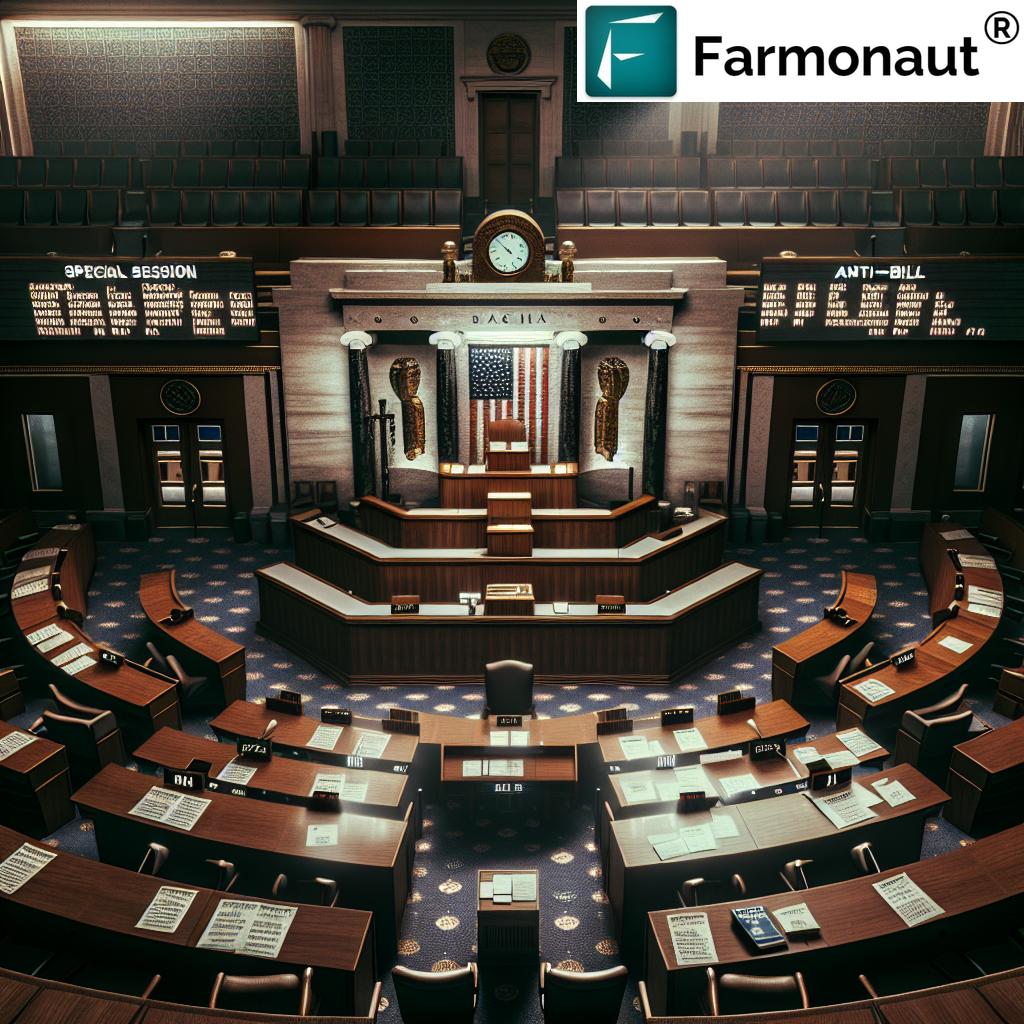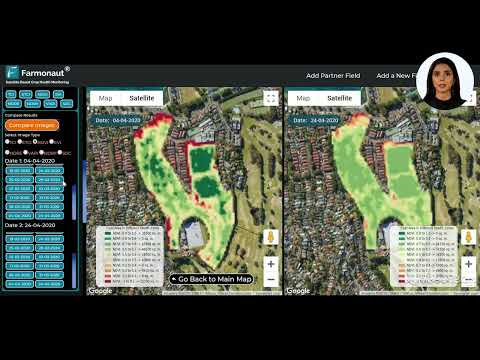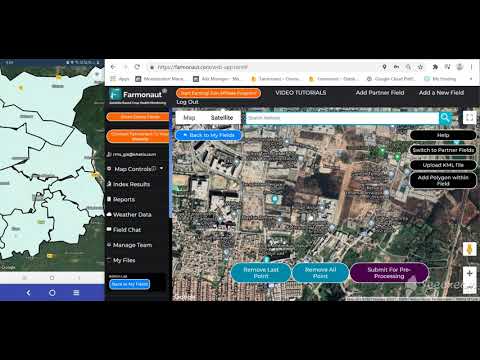Breaking: Florida’s GOP Divide Deepens Over Immigration Bill in Special Legislative Session
“Florida’s special legislative session on immigration has exposed a rift between at least 2 major factions within the state’s GOP.”
“Florida’s special legislative session on immigration has exposed a rift between at least 2 major factions within the state’s GOP.”
In recent developments that have sent shockwaves through Florida’s political landscape, we are witnessing an unprecedented divide within the state’s Republican Party. The catalyst for this internal strife is the contentious immigration bill that has taken center stage during a special legislative session. As we delve into this complex issue, it’s crucial to understand the far-reaching implications of this conflict, not only for Florida’s governance but also for the future of the GOP in the Sunshine State.
The Root of the Conflict
At the heart of this political maelstrom lies the issue of illegal immigration, a topic that has long been a cornerstone of conservative policy and a rallying point for Republican voters. Governor Ron DeSantis, in an attempt to align with former President Trump’s hardline stance on immigration, called for this special session to address what he perceives as urgent border security concerns. However, what was intended to be a showcase of party unity has instead exposed deep fissures within Florida’s GOP.
The legislature, also controlled by Republicans, has responded to the governor’s call to action with unexpected resistance. Instead of rubber-stamping DeSantis’s proposals, lawmakers have crafted their own immigration bill, one that doesn’t fully align with the governor’s vision. This move has not only caught DeSantis off guard but has also ignited a fierce debate about the balance of power in Tallahassee and the direction of the party’s immigration policy.

The Legislative Pushback
The Republican-controlled legislature’s decision to close the special session and propose their own immigration bill marks a significant departure from the usual lockstep support DeSantis has enjoyed. This move has been interpreted by many as a direct challenge to the governor’s authority and a sign of growing discontent within party ranks.
- Legislators argue their bill was crafted with input from Congressional representatives
- DeSantis contends the proposed changes are inadequate and undermine his influence
- The conflict has escalated to include accusations and threats of political retaliation
This internal GOP conflict in Florida is not just about policy disagreements; it’s a power struggle that could reshape the political landscape of one of the nation’s most influential swing states. As we analyze this situation, it’s clear that the repercussions could extend far beyond the current legislative session, potentially impacting future elections and the overall unity of the Republican Party in Florida.
Key Players in the Drama
Several key figures have emerged as central to this unfolding political drama:
- Governor Ron DeSantis: Once seen as the undisputed leader of Florida’s GOP, DeSantis now finds his authority challenged
- Agriculture Commissioner Wilton Simpson: A potential gubernatorial candidate who has faced criticism from DeSantis
- Speaker of the House Daniel Perez and Senate President Ben Albritton: Leading the legislative pushback against DeSantis
The involvement of these high-profile Republicans underscores the significance of this conflict and its potential to reshape party dynamics in the state.
The Immigration Bill: A Closer Look
The proposed Florida immigration bill at the center of this controversy includes several key provisions that have become flashpoints in the debate:
- Enhanced penalties for businesses employing undocumented workers
- Stricter enforcement of E-Verify requirements
- Measures to combat sanctuary city policies
- Increased funding for immigration enforcement efforts
While these measures align with traditional Republican stances on immigration, the devil, as they say, is in the details. The legislature’s version of the bill doesn’t go as far as DeSantis would like in certain areas, leading to the current impasse.
The Wider Context: National Immigration Debate
Florida’s GOP divide over immigration policy doesn’t exist in a vacuum. It’s a microcosm of the larger national debate on immigration reform and border security. With the 2024 presidential election on the horizon, the outcome of this state-level conflict could have ripple effects on the national stage.
As we consider the broader implications, it’s worth noting how agricultural technology is revolutionizing farm management, even as political debates rage on. Companies like Farmonaut are at the forefront of this innovation, offering satellite-based solutions that could potentially intersect with immigration policies affecting agricultural labor.
“The immigration bill controversy in Florida involves at least 3 key issues: illegal immigration, governance, and legislative priorities.”
The Political Calculus
DeSantis, fresh off a disappointing performance in the presidential primary race against Trump, is now facing a new challenge on his home turf. The governor’s once-dominant position in Florida politics appears to be eroding, with legislators expressing growing dissatisfaction with his leadership style and priorities.
Despite this legislative pushback, DeSantis continues to assert his popularity among Republican voters. Recent polls suggest that a significant majority of GOP constituents in Florida support his hardline stance on immigration and expect swift action on the issue. This grassroots support could be a crucial factor as the conflict unfolds.

The Legislature’s Perspective
On the other side of this divide, legislative leaders argue that DeSantis is increasingly disconnected from the realities of governing Florida. They express concerns that the governor views the legislature as a mere tool for his political ambitions, rather than as a co-equal branch of government with its own priorities and responsibilities.
This sentiment of disillusionment with DeSantis’s leadership style is not limited to a few dissenting voices. There appears to be a growing consensus among lawmakers that a course correction is needed in how the state approaches not just immigration, but a range of policy issues.
The Trump Factor
Looming large over this intra-party conflict is the shadow of former President Donald Trump. While Trump has remained largely silent on the specifics of the Florida immigration debate, his influence on the party and his own stance on immigration policy cannot be ignored.
Political consultants and observers are keenly aware that Trump’s intervention, should it come, could dramatically alter the dynamics of this feud. His endorsement or criticism of either side could sway both legislators and voters, potentially tipping the scales in this high-stakes political battle.
Looking Ahead: The Regular Session and Beyond
As Florida’s regular legislative session approaches, set to begin in March, the political tensions exposed by this special session on immigration are likely to spill over. Observers predict a “nasty” session characterized by continued contention between the governor and legislature, with potential ramifications for a wide range of policy areas beyond just immigration.
The outcome of this conflict could have far-reaching consequences for:
- The 2026 midterm elections in Florida
- The balance of power within the state’s Republican Party
- Florida’s approach to immigration enforcement and reform
- The state’s relationship with the federal government on immigration issues
As these political battles unfold, it’s worth noting that technological advancements continue to shape various sectors, including agriculture. For instance, Farmonaut’s satellite-based farm management solutions offer innovative approaches to agricultural challenges, potentially intersecting with policy discussions on labor and land use.
The Role of Media and Public Opinion
In this era of instant communication and social media, the role of the press and public opinion in shaping political outcomes cannot be overstated. Both DeSantis and his legislative opponents are acutely aware of the importance of controlling the narrative around this immigration debate.
Media coverage of the special session and its aftermath will play a crucial role in how voters perceive the conflict and its key players. As the debate rages on, we can expect both sides to make their case directly to the public through various media channels, including:
- Traditional news outlets
- Social media platforms
- Direct constituent communications
- Public rallies and events
The way this story is framed and understood by the public could have significant implications for future electoral outcomes and policy decisions in Florida.
Economic Implications of the Immigration Debate
While the political drama unfolds, it’s crucial to consider the economic implications of Florida’s immigration policies. The state’s economy relies heavily on industries that often employ immigrant labor, such as agriculture, construction, and hospitality. Any significant changes to immigration enforcement could have ripple effects across these sectors.
As policymakers grapple with these complex issues, innovative solutions in agricultural technology, like those offered by Farmonaut, could play a role in addressing labor challenges. The company’s satellite-based crop monitoring and management tools offer potential avenues for increasing agricultural efficiency, which could be particularly relevant in discussions about labor needs and productivity in the farming sector.
The National Spotlight on Florida
Florida’s immigration debate is not occurring in isolation. As one of the largest and most politically influential states, Florida’s approach to immigration policy is being closely watched by national political figures, policy analysts, and other state governments. The outcome of this GOP divide could serve as a bellwether for how the Republican Party as a whole approaches immigration policy in the coming years.
Key areas of national interest include:
- How state-level policies align with or diverge from federal immigration laws
- The balance between enforcement and economic considerations
- The political viability of hardline immigration stances in swing states
- The impact on national Republican Party unity and strategy
As Florida grapples with these issues, the rest of the country will be watching closely, looking for insights and potential strategies to address their own immigration challenges.
Comparative Analysis: Key Issues in Florida’s GOP Immigration Divide
| Issue | Governor’s Position | Legislature’s Position |
|---|---|---|
| Border Security Measures | Advocates for stricter measures, including increased funding for state-level enforcement | Supports enhanced security but with more moderate funding increases |
| E-Verify Enforcement | Calls for universal E-Verify implementation for all businesses | Proposes phased implementation with exemptions for small businesses |
| Sanctuary City Policies | Seeks to completely ban and penalize sanctuary cities | Supports restrictions on sanctuary policies with some local discretion |
| Funding for Immigration Enforcement | Proposes significant budget increase for state-level immigration enforcement | Advocates for moderate funding increase with focus on existing programs |
| Potential Electoral Impact | Believes hardline stance will energize base (Est. 70% support among GOP voters) | Concerned about alienating moderate voters (Est. 55% support for moderate approach) |
| National Party Alignment | Closely aligns with Trump-era immigration policies | Seeks balance between national party stance and state-specific needs |
The Path Forward
As this political drama continues to unfold in Florida, the path forward remains uncertain. Will Governor DeSantis and the legislature find common ground on immigration policy, or will this divide deepen, potentially reshaping the political landscape of the state? The coming weeks and months will be crucial in determining the outcome of this conflict and its long-term implications for Florida and the Republican Party as a whole.
While political battles rage on, it’s worth noting that technological innovations continue to offer solutions to various challenges, including in agriculture. For those interested in exploring cutting-edge farm management tools, consider checking out Farmonaut’s offerings:
Conclusion
The deepening divide within Florida’s GOP over the immigration bill in this special legislative session represents more than just a policy disagreement. It’s a reflection of broader tensions within the Republican Party, the challenges of governance in a diverse and complex state, and the ongoing national debate over immigration reform.
As we continue to monitor these developments, it’s clear that the outcome of this conflict will have far-reaching consequences for Florida’s political future, the balance of power in Tallahassee, and potentially, the direction of the Republican Party on a national level. The coming months will be crucial in determining whether this divide can be bridged or if it marks the beginning of a new era in Florida’s political landscape.
In these times of political uncertainty, it’s worth remembering that innovation and progress continue in many sectors, including agriculture. For those interested in staying at the forefront of agricultural technology, consider exploring Farmonaut’s solutions or even joining their affiliate program to support modern farming practices.
Earn 20% recurring commission with Farmonaut’s affiliate program by sharing your promo code and helping farmers save 10%. Onboard 10 Elite farmers monthly to earn a minimum of $148,000 annually—start now and grow your income!
FAQ Section
- What is the main issue causing the divide in Florida’s GOP?
The main issue is disagreement over the proposed immigration bill, with Governor DeSantis pushing for stricter measures than what the legislature is willing to support. - How might this conflict affect future elections in Florida?
This conflict could impact voter turnout, party unity, and candidate selection in upcoming elections, potentially reshaping the political landscape of Florida. - What role does former President Trump play in this conflict?
While Trump has remained largely silent on this specific issue, his influence on the party and his stance on immigration continue to shape the debate. - How does this Florida GOP divide reflect national Republican Party dynamics?
The conflict in Florida mirrors broader tensions within the national Republican Party over immigration policy and the balance between hardline and moderate approaches. - What are the potential economic implications of stricter immigration policies in Florida?
Stricter policies could impact industries that rely heavily on immigrant labor, such as agriculture, construction, and hospitality, potentially affecting the state’s economy.







